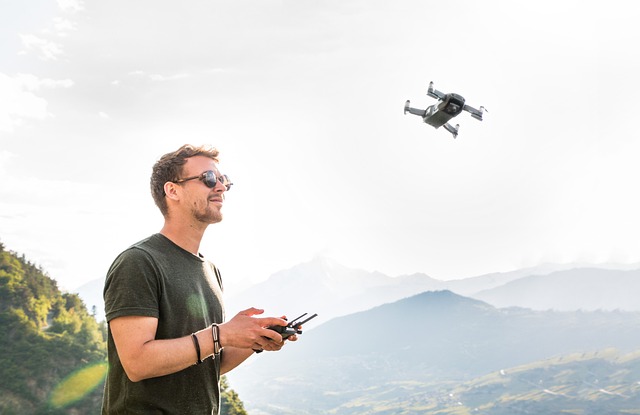Desertification is one of the most pressing environmental issues of our time, turning once fertile lands into barren wastelands, threatening food security and livelihoods for millions. As climate change accelerates, the urgency to address this phenomenon has reached critical levels. In this battle against degradation, pilot projects have emerged as vital tools, paving the way for innovative solutions to restore our environment.
These pilot projects serve as testing grounds where new ideas can be implemented on a smaller scale before broader application. By harnessing local knowledge and innovative technologies, communities are developing practical, sustainable methods to combat desertification. For example, projects that focus on afforestation and reforestation not only help to restore lost vegetation but also build resilience against extreme weather conditions exacerbated by climate change.
One illustrative case is the Great Green Wall initiative in the Sahel region of Africa, which aims to create a mosaic of green and productive landscapes across the continent. This massive undertaking relies on various pilot projects that promote agroecological practices, improve soil health, and protect water resources. Communities participating in these efforts report improved crops, increased biodiversity, and enhanced climate resilience. Such projects are not just about tree planting; they represent a comprehensive approach to developing sustainable livelihoods while combating climate change.
In many regions plagued by desertification, traditional farming methods are no longer viable due to altered rainfall patterns and rising temperatures. Here, pilot projects exploring alternative agricultural techniques, such as permaculture and conservation agriculture, are showing tremendous promise. By adopting methods that mimic natural ecosystems and enhance soil quality, these projects allow farmers to adapt to climate variability while restoring the land.
The importance of education and community involvement in these pilot projects cannot be overstated. Awareness campaigns and workshops educate individuals on sustainable practices, such as water conservation and organic farming, empowering them to take action within their own communities. By building capacity and fostering a sense of ownership, the success of these initiatives increases significantly.
Moreover, technology plays a crucial role in revolutionizing our approach to desertification. Innovations such as drones for reforestation, mobile apps for soil health monitoring, and remote sensing for land use tracking are transforming pilot projects into data-driven solutions. These technologies enable better decision-making and resource allocation, maximizing the impact of efforts to combat desertification.
Funding remains a significant challenge for scaling successful pilot projects. However, increased global recognition of the need for sustainable practices is attracting investment and support from governments, NGOs, and private sectors alike. By pooling resources and knowledge, we can amplify the reach and effectiveness of these groundbreaking initiatives.
As we face the growing threat posed by climate change and desertification, it is vital that we harness the potential of pilot projects. With a focus on collaboration, innovation, and adaptability, we can develop practical solutions that not only address the immediate effects of desertification but also foster long-term environmental sustainability. Each success story in a pilot project serves as a beacon of hope, demonstrating that we can collectively reclaim our landscapes and secure a more sustainable future for generations to come.



